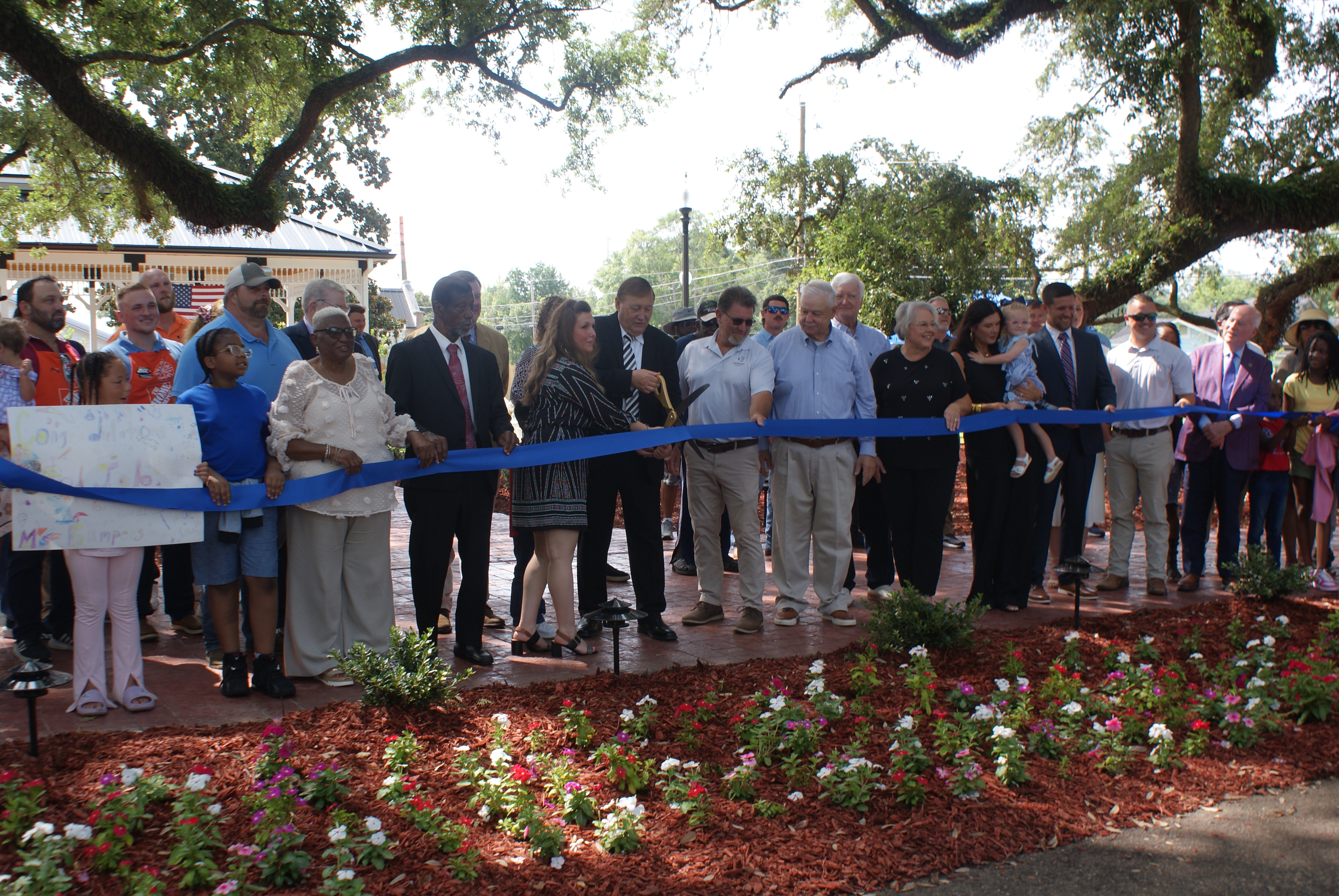FEMA puts new policy into effect
Published 7:05 pm Thursday, May 10, 2007
Two years after the Federal Emergency Management Agency set up the temporary housing assistance program scheduled to last a year and a half, FEMA has just announced plans to extend it another 18 months. This time residents will begin to pay rent as the program phases out.
As part of that new extension the Department of Housing and Urban Development will take over the management side of the rental housing program. Beginning March 2008 residents of FEMA funded rental housing, travel trailers and mobile homes will begin to pay a portion of the rent. That portion will increase each month until those residents are self sufficient again, according to a press release from HUD and FEMA.
On March 1, 2008 FEMA temporary housing residents will begin paying $50 and each month thereafter their share will increase by another $50 until March 1, 2009 when the program will end, the release states. For those families that can afford it, rent will top out at $600 a month and for those that can’t a FEMA formula will calculate their maximum rent fee according to income and other factors involved in the FEMA formula, said FEMA Public Relations James McIntyre.
That adjusted fair market value will take into consideration FEMAs expenses to maintain units and the cost to deactivate those units, the release states.
Donna White, US Housing and Urban Development spokesperson, said it has been two years since Hurricane Katrina and since FEMA is only involved in temporary housing solutions they are turning the project over to HUD.
“Now we’re moving on to longer term housing and looking for longer term housing for families and that’s something HUD is better able to provide,” White said.
The extension will give families who still need assistance the opportunity to continue living where they are living for another 18 months, White said. While HUD is taking over the management side of the housing program Sept. 1, 2007 money for the program will continue to come from FEMA, she said.
This new initiative is an effort to get residents back on their feet and caring for themselves, White said.
Senior citizens and disabled residents will be taken care of by HUD and FEMA. White said FEMA will continue to assist them in the manner they already are. McIntyre said qualifying senior citizens and disabled residents will not be required to pay a portion of the renting cost.
HUD will work with housing authorities to help people find more permanent housing solutions to help them achieve self sufficiency, White said.
To help provide the long term housing residents will have the opportunity to purchase their FEMA travel trailer or mobile home at a fair and equitable price. That fair and equitable price will vary according to county and other factors, McIntyre said.
Further self sufficient assistance will come in the form of HUD working with Public Housing Authorities to assist families in job training, financial education and a number of services to get people back on the road to financial freedom, the release states.
Susan Aspey Press Secretary for Gulf Coast Rebuilding said while she was working in the New Orleans and Mississippi Gulf Coast area she has noticed that some New Orleans residents are wondering why Mississippi residents appear to be farther ahead in the recovery process than they are.
“There’s a real can do spirit in Mississippi,” Aspey said. “Folks are doing what they have to do to move forward. We’re really impressed with the leadership down there.”
Gulf Coast Recovery funds many programs, including many FEMA related programs that are the life blood of the recovery process. So far they have issued about $869 million in recovery grants and on average each of those grants were about $70,000, Aspey said. GCR was involved in the Public Assistance Grants, Community Development Block Grants and FEMA Public Infrastructure money, she said.





